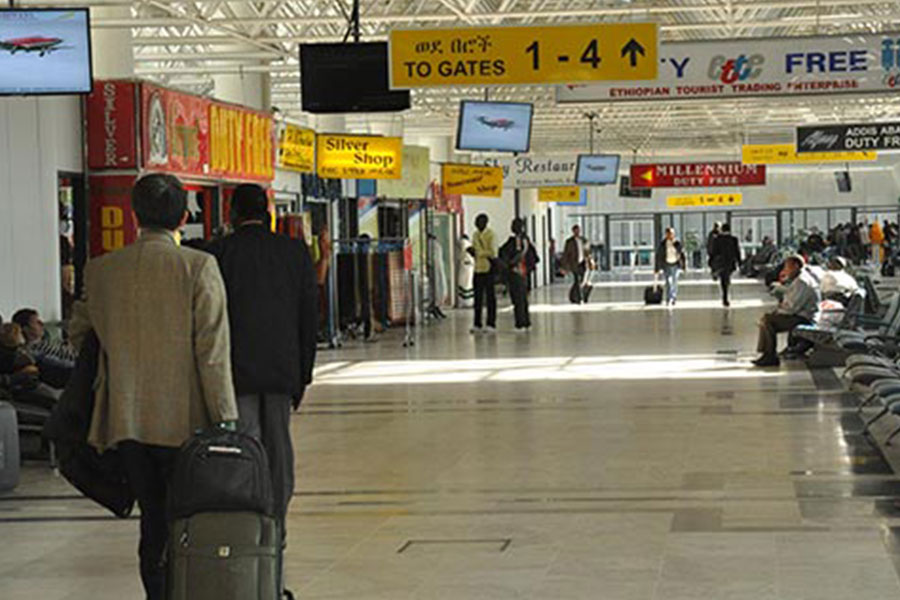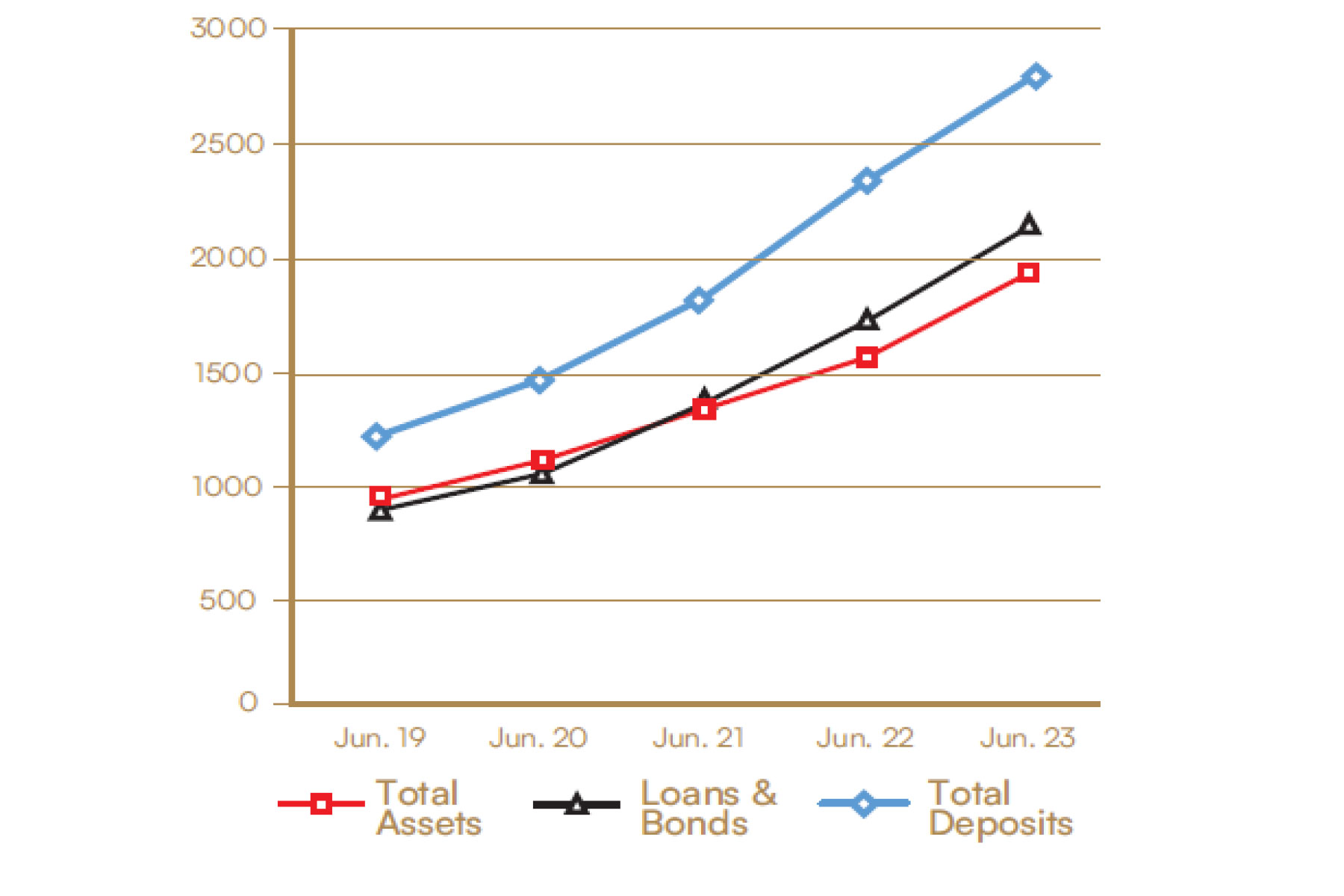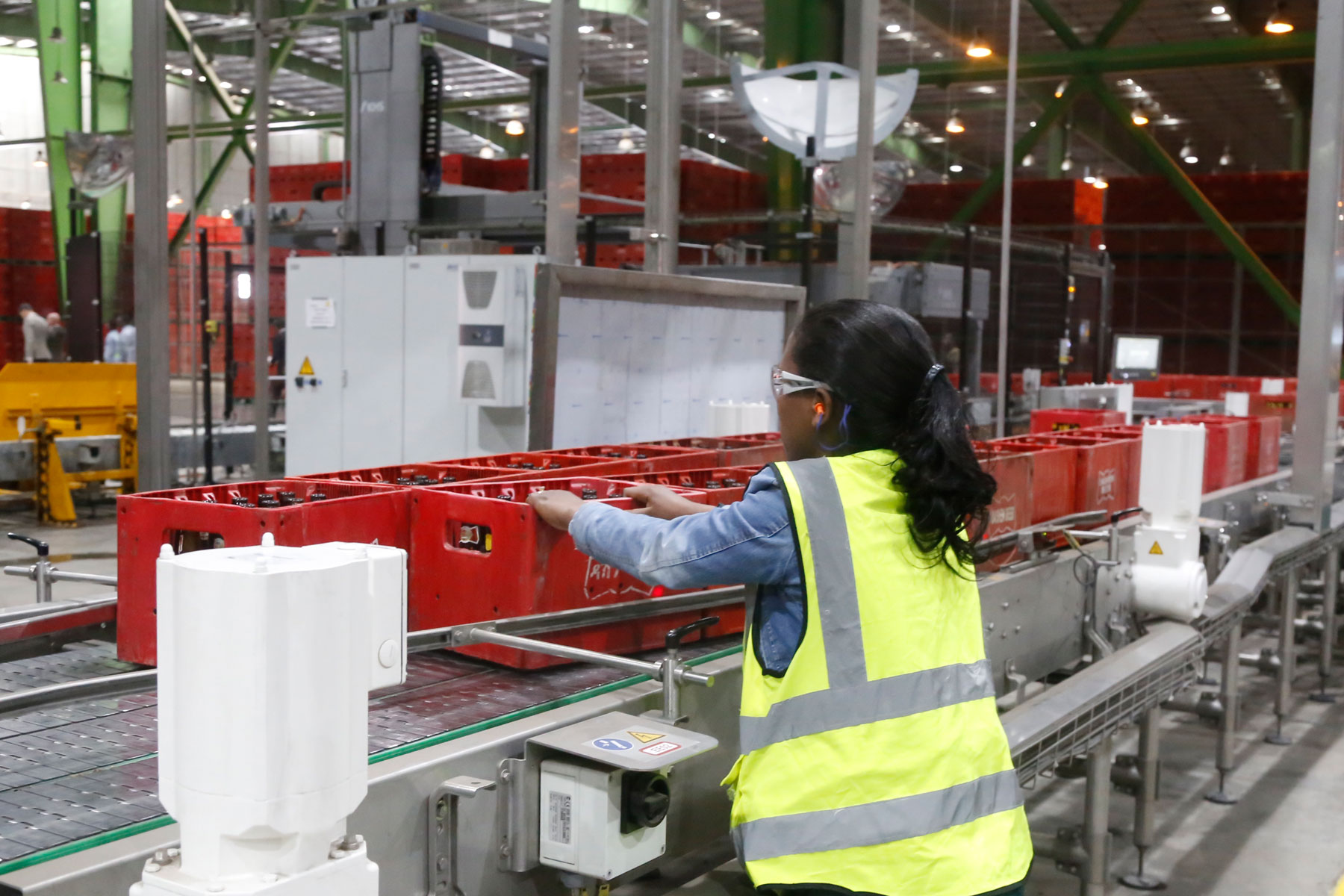
Radar | Jan 03,2021
Dec 29 , 2018
By Eden Sahle
There never really has been a time when people chose to remain in their own countries despite the odds and unpleasant political and economic conditions. Of course, globalisation has fastened this process.
Many are journeying abroad hoping to find the shortcut to a better life. This is until reality kicks in and people struggle to make ends meet in a developed nation they had initially perceived to be a haven where earning cash was easy.
I have throughout my life attended countless ceremonies organised by parents when their children move away to a developed nation. Moving abroad is considered an achievement.
But once in the United States or Europe, they might find the reality to be different. They may give up a professional career to live on welfare or toil on a job they previously thought was beneath them back in their homelands. I know medical doctors and lawyers who took the leap from their long-established careers only to end up labouring on a job that barely satisfies their basic needs.
People who immigrate are either usually fleeing some sort of persecution in their native countries or are looking for better economic opportunities. The latter are referred to as economic migrants, and many of them might be skilled professionals.
Developed nations, for all the slack some of their citizens get for being “anti-immigrant,” do welcome a limited number of refugees and migrants, sometimes out of a feeling of sincere moral obligations and other times for political purposes.
Ethiopians from all levels of society are beneficiaries, but many of those that make it to developed countries are the sort that have gone to private schools and come from relatively well-off parents. Those who are actually in need of security from persecution are mostly left behind.
In a recent trip to London, I encountered many Ethiopians who described their life as traumatising. The salary they earn from one job is barely enough to make a living in one of the most expensive cities in the world, leaving them with a constant search for additional jobs and worries over affording their bills.
The situation is severe for illegal immigrants as they work and live by hiding from authorities so as not to risk deportation. It was hard for me to imagine that in a beautiful country such as England, and its hospitable public, Ethiopian immigrants are living in constant struggle.
Many live in fear and paranoia. They are terrified that immigration officers will one day step into their tiny, expensive rented rooms and deport them. Any sign of law enforcement and police sirens intimidates them, and unexpected doorbells shock them as if something has exploded. It is a life they never anticipated.
What both the legal and illegal Ethiopian immigrants have in common is that they have moved abroad looking for life the diaspora claim to have enjoyed, which is hard to find in the actual destinations.
I met an Ethiopian lady who is taking several medications for psychological distress because of the decision she made to live abroad. She had given up her high-paying job at the Italian Embassy in Ethiopia when she made the journey to the United Kingdom, expecting to start a much better career with a more rewarding income. To her dismay, the best she could get was a part-time cleaning job at a McDonald’s restaurant.
Most of the Ethiopian diaspora living in metropolitan London admit they are not honest about their life in England even to those close to them. Overseas, they might wait on street corners in the early freezing morning hours to be taken to work on any available job opening or to fill the gap of absentee employees. When visiting Ethiopia, they tell me they take out family and friends to expensive restaurants, accumulating debts that take them years to pay off. It is a life of lies where individuals lead a double life to fit into their families' and societies' unrealistic expectations while hiding their pain.
Moving back is rarely an option considering familial and societal pressures. Children who live abroad are overburdened as they are expected to scale up their families’ living standards in Ethiopia. Families in Ethiopia do not just expect to be supported financially but also presume that their relatives in the diaspora can take them abroad for vacation. The diaspora say they are content when their families are denied entry visas, because their children living overseas do not have enough income to support themselves and a visiting family.
Unfortunately, even to those well-educated at universities abroad, the saturated job market in developed countries does not provide enough job opportunities. In a hotel I was staying at, I met a young woman originally from Ethiopia. She was working as a receptionist at the hotel, although she graduated with distinction as a pharmacist in London.
I came and introduced myself when I heard her speaking in Amharic over the phone. It did not take us long to get along and start talking about her life in London. She told me about the unfortunate set of events that led to her becoming a receptionist, since she left Ethiopia at the age of 15. Fortunately, she had decided to move back to Ethiopia and look for a job in her profession.
Perhaps skilled returnees like that young pharmacist can shed light on the realities and struggles of life in developed nations as an immigrant from a developing country. Most people’s desire and motivation to live overseas comes from misinformation from those who live abroad. Some have indeed made it, but many have not. It is heart-warming to learn that there are those willing to speak truth to reality about the inequities of being a member of the diaspora.
PUBLISHED ON
Dec 29,2018 [ VOL
19 , NO
974]

Radar | Jan 03,2021

Commentaries | Aug 22,2020

Fortune News | Nov 02,2019

Life Matters | Jan 31,2021

Agenda | Dec 11,2021

Radar | Nov 23,2019

My Opinion | Nov 18,2023

Radar | May 09,2020

Fortune News | Feb 01,2020

Commentaries | Aug 27,2022

Photo Gallery | 96086 Views | May 06,2019

Photo Gallery | 88355 Views | Apr 26,2019

My Opinion | 66980 Views | Aug 14,2021

Commentaries | 65709 Views | Oct 02,2021
My Opinion | Apr 13,2024

Feb 24 , 2024 . By MUNIR SHEMSU
Abel Yeshitila, a real estate developer with a 12-year track record, finds himself unable to sell homes in his latest venture. Despite slash...

Feb 10 , 2024 . By MUNIR SHEMSU
In his last week's address to Parliament, Prime Minister Abiy Ahmed (PhD) painted a picture of an economy...

Jan 7 , 2024
In the realm of international finance and diplomacy, few cities hold the distinction that Addis Abeba doe...

Sep 30 , 2023 . By AKSAH ITALO
On a chilly morning outside Ke'Geberew Market, Yeshi Chane, a 35-year-old mother cradling her seven-month-old baby, stands amidst the throng...

Apr 13 , 2024
In the hushed corridors of the legislative house on Lorenzo Te'azaz Road (Arat Kilo)...

Apr 6 , 2024
In a rather unsettling turn of events, the state-owned Commercial Bank of Ethiopia (C...

Mar 30 , 2024
Ethiopian authorities find themselves at a crossroads in the shadow of a global econo...

Mar 23 , 2024
Addis Abeba has been experiencing rapid expansion over the past two decades. While se...

Apr 13 , 2024
A severe financial stranglehold has been imposed on the banking industry, underminin...

Apr 13 , 2024 . By MUNIR SHEMSU
In an unprecedented move, the central bank has published its inaugural stress test report, uncovering potential fault lines within the finan...

Apr 13 , 2024 . By MUNIR SHEMSU
In a bold departure from its historical position on foreign investment, the federal government has opened...

Apr 13 , 2024 . By AKSAH ITALO
A proposed excise tax stamp system draws controversy amongst industry leaders in the alcohol, tobacco, be...